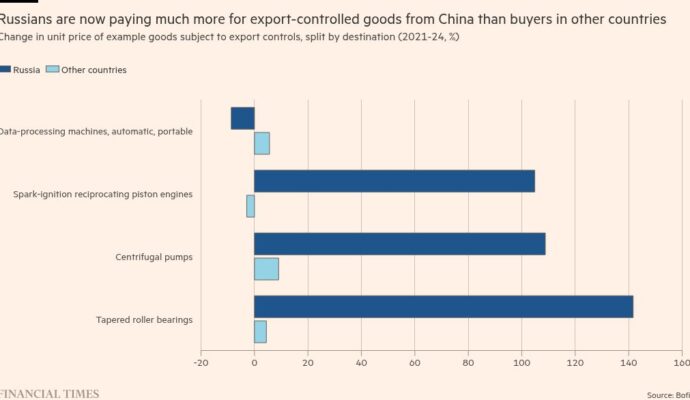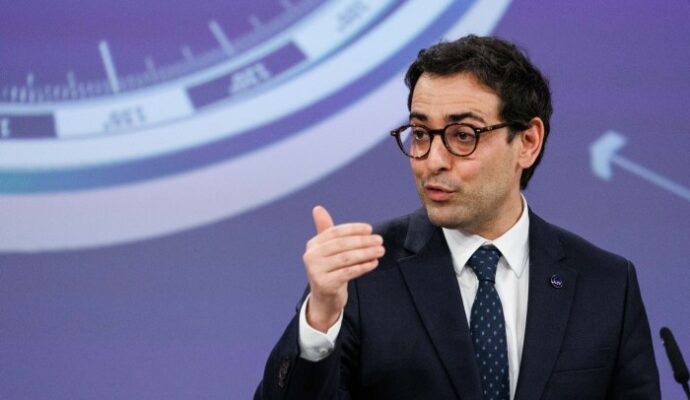Unlock the Editor’s Digest for free
Roula Khalaf, Editor of the FT, selects her favourite stories in this weekly newsletter.
China’s Premier Li Qiang has called for an international alliance for the development of rare earths, as Beijing steps up competition with Washington to control the supply chain of critical minerals.
China dominates production of rare earths, which are crucial to the supply chains of most modern technologies, while western companies’ access to the minerals was a key point of tension in the trade war between the two superpowers. Beijing is keen to build ties with resource-rich countries to consolidate its stronghold.
In a speech at the Group of 20 leaders summit in South Africa, Li, Beijing’s second-ranked official after President Xi Jinping, launched what he called the “international economic and trade co-operation initiative on green minerals”.
At least 19 nations, including Cambodia, Nigeria, Myanmar and Zimbabwe, alongside the UN Industrial Development Organization, are to participate in the alliance.
The premier said he welcomed “active participation from all parties” but gave no dollar figure or few other specifics in an initiative that comes as the US seeks to build its own alliances to secure critical mineral supply chains to rival China.
Beijing backed “the distribution of benefits” of the rare earth supply chain and “better safeguarding the interests of developing countries, while also being prudent in its use for military and other purposes to prevent security risks”, Li said.
Beijing fought the US to a standstill in the trade war by introducing export licences with stringent controls for rare earths.
The US argues that as part of the recent truce, Beijing has agreed to issue general licences that will allow companies to freely import rare earths. The two sides are still negotiating the details.
Li did not expand on what the green mineral initiative would mean in practice. China’s commerce ministry issued an accompanying document that also gave few details, beyond saying that the development of critical mineral industries should comply with World Trade Organization rules.
But the Communist party’s Study Times newspaper in May laid out China’s thinking behind international rare earth alliances.
The piece, authored by Hu Jun, head of a think-tank under the Ministry of Ecology and Environment, said that in recent years Xi has repeatedly proposed international co-operation on green minerals — such as lithium, graphite and rare earths — at international summits.
“The United States and other western countries are intent on reshaping the global green mineral resource supply chain to curb China’s resource imports,” Hu wrote.
He added that these western mineral alliances had gradually expanded to include African countries, such as Zambia and Angola.
“As competition among major powers intensifies” China should “promote international co-operation in green minerals”, Hu said. In particular, it should “further expand co-operation with developing countries”.
China’s domestic reserves of upstream mineral resources such as cobalt, nickel, copper and manganese accounted for less than 5 per cent of the global total, he said, meaning it had to import most of its needs.
With additional contributions from Wenjie Ding in Beijing


